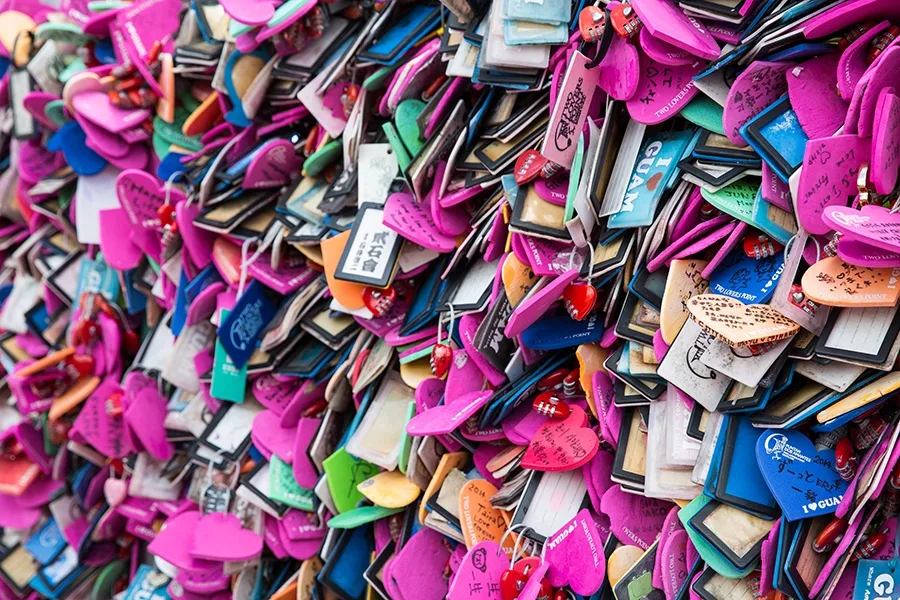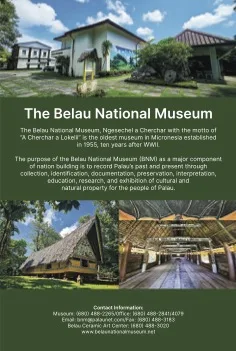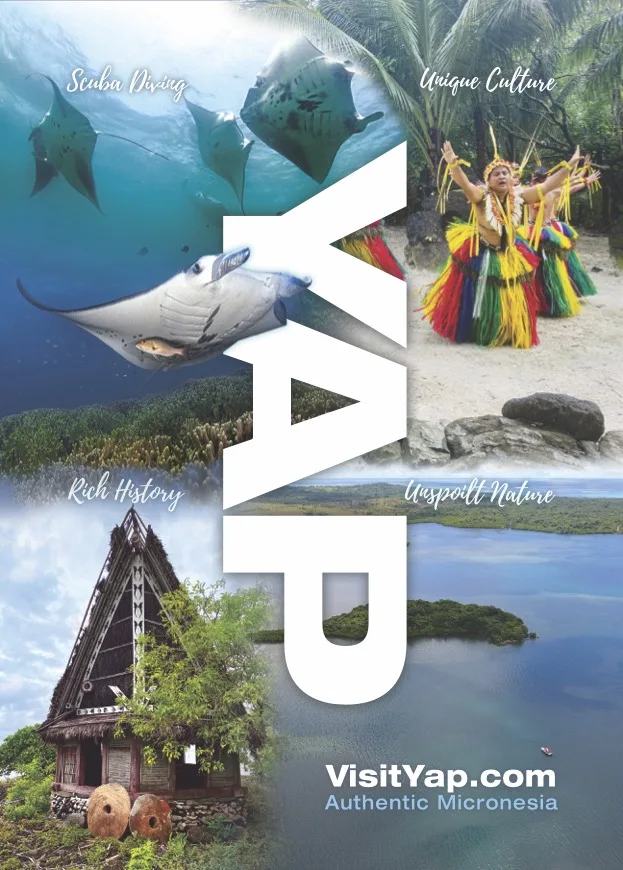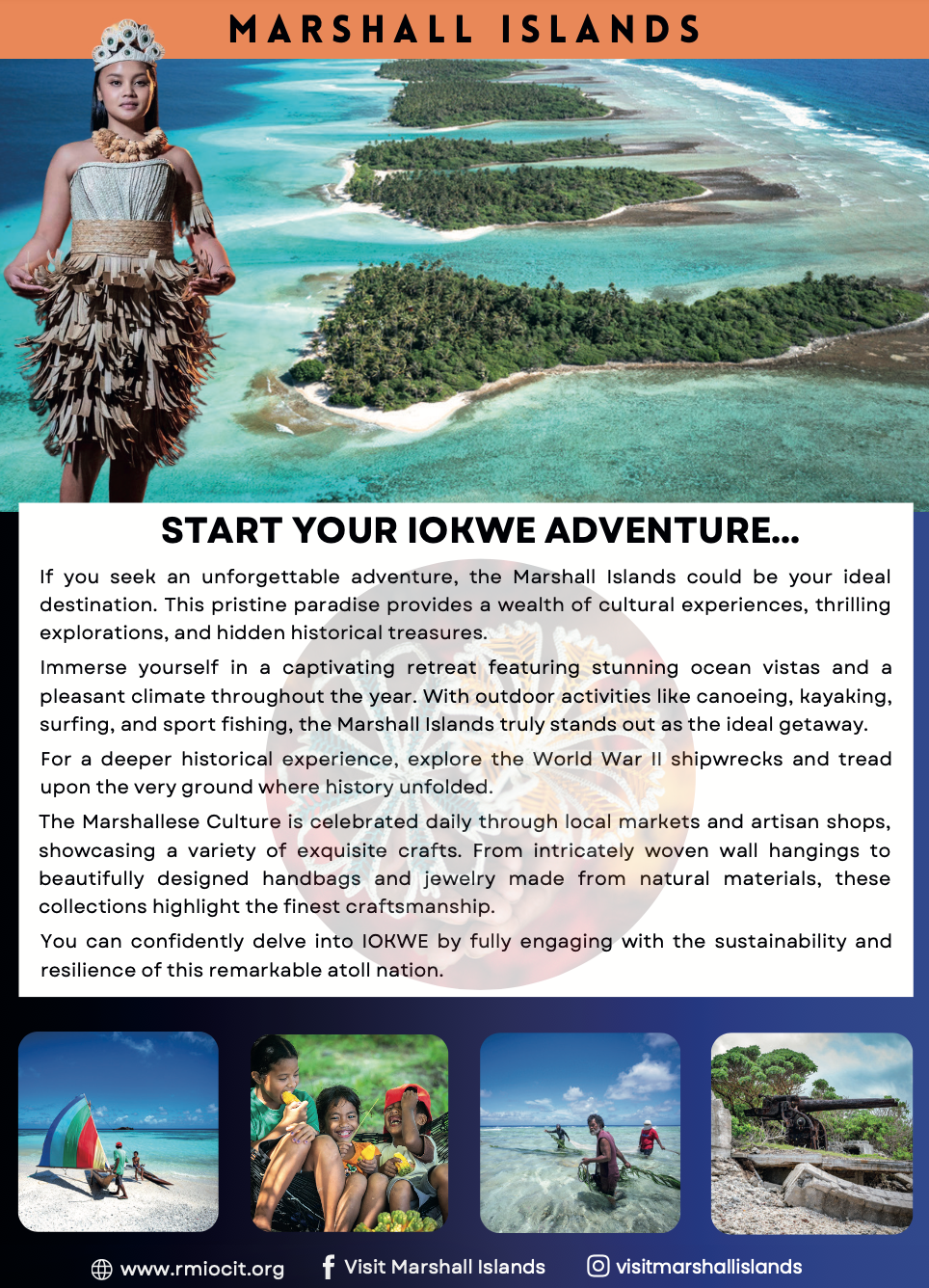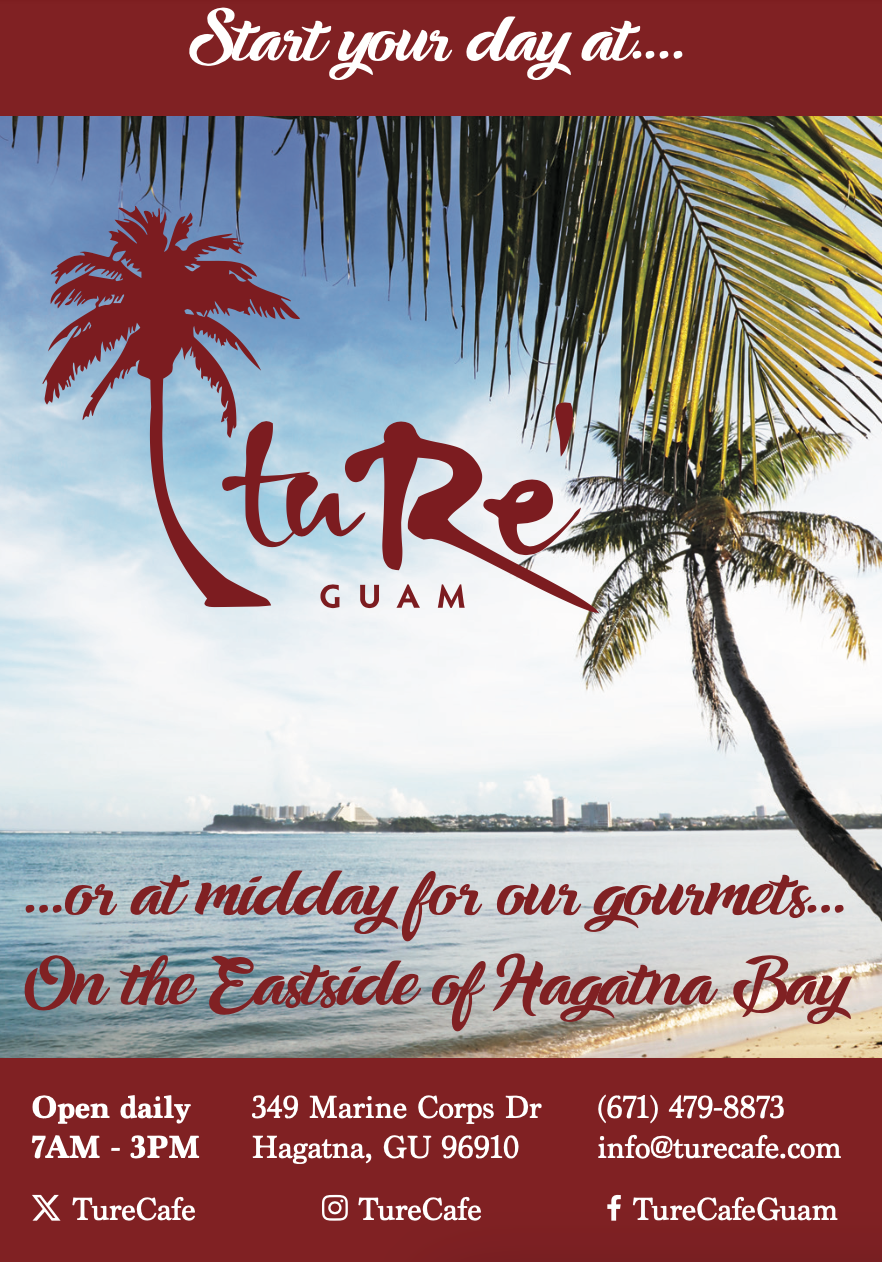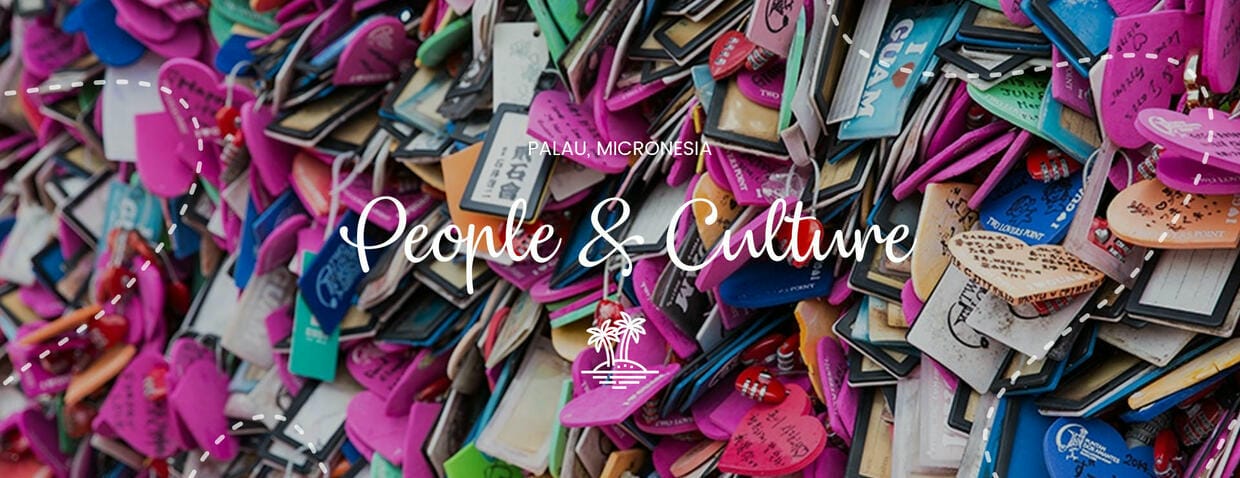
PEOPLE & CULTURE
People in Palau
Palau is divided into 16 states with an individual clan system where Ngerulmud on the island of Babeldaob is Palau’s capital and Koror being the most inhabited. Palauans, a mixture of Melanesian, Micronesian, Austronesian, Japanese and Filipino descent, are hospitable and friendly.
Indigenous forms of ancestral and spiritual worship were replaced by Christianity when missionaries arrived on Palau. Today, 65 percent of the 21,000 Palauans are Roman Catholics while the remainder practise Christian denominations, Shinto, Buddhism and Chinese folk religions.
Languages in Palau
Palauan and English are the country’s two official languages, except for two states: Sonsorol and Hatohobei, where the official languages are Sonsorolese and Tobian respectively. Many islanders are fluent in Japanese and Tagalog as well.
Design & Architecture
The community meetinghouse, bai, was a mainstay of politics, society and culture in Palau’s tribal past. Today, many Palauan buildings feature the decorated bai gable, or canopy. While the bai still exists in villages, Palau is heavily urbanised, with many large, air-conditioned buildings.
Another common design feature from archaic times is a quartered circle representing wealth and a half-shell symbol, which represents Palauan lore about the creation of humanity from the sea. It is also common to see images of the traditional Palauan mother and child that symbolise wealth and fertility in the country’s matriarch-dominant society.
Cultural & Legal Restrictions
Following a clan-based organisation from its chiefly past, Palauan society strictly adheres to a matrilineal system in almost all aspects of life, like marriage, inheritance and funerals. Senior females – and by default, their relatives – are respected and hold high positions of power with regards to decision-making, compared to men.
Today, elders and leaders are still held in high regard, to the extent that they are served specific foods to designate their positions. Do take note that the head is considered a sacred body part and should not be touched – even as a sign of endearment for small children.
Strict restrictions exist for the consumption of alcohol and drugs. Clan leaders are working together with the government to control the alcohol and drug use that is rampant especially amongst youths.
For more information contact
Palau Visitors Authority
Address: PO Box 256, Koror, PW 96940
Phone: +680-488-2793/1930
Email: [email protected]
Website: www.pristineparadisepalau.com
Fax: +680-488-1453

